|
Our Omega Mu brothers who served in the military are cherished and constant fraternal friends, and we would like to say thank you for the steadfast, purposeful commitment you made to our nation to defend those four freedoms we all believe in: “Freedom of speech, freedom of worship, freedom from want, and freedom from fear.” For those brothers who were killed in defense of these freedoms, they will always occupy a consecrated place in our linked fraternal heart because they exemplify the idea of superlative commitment, strength, and fortitude for the good to the end itself. The greatness of their collective purpose and will, on our nation’s behalf, will never be forgotten. By their “clear-eyed faith and fearless heart,” these brothers have left us a fraternal legacy that echoes what we often say about Omega Mu Fijis: “Perseverance and determination are omnipotent.” Their code of integrity, courage, duty, responsibility, and self-sacrifice on behalf of our nation is a powerful legacy that we will always be proud of as Omega Mu Fijis. Whether it was at New Orleans, Red River, Fort Blakely, Marianna, San Juan Hill, Santiago de Cuba, Chateau-Thierry, Verdun, El Guettar, Elba, Monte Della Vedetta, the Battle of the Bulge, Rabaul, Inchon, Pusan, Chosin Reservoir, Pork Chop Hill, Hue, Easter Offensive, Phu Cat, The Iron Triangle, Hamburger Hill, la Drang Valley, Bien Hoa, Khe Sanh, Rumaila, Al-Batin, Medina Ridge, Kabul, Kandahar, our Omega Mu brothers have demonstrated devotion to duty in defense of freedom and liberty. They are the stability of our nation, and we, the Omega Mu brotherhood, revere, honor, and salute their persevering and determined spirit within our great nation and our historic brotherhood. We will always honor the heroism of all of our brothers who have served in the armed forces from the Civil War to the present. Thank you. Omega Mu Veteran Paul F. Slocum, 1915 Omega Mu Years Over the years, our Omega Mu brothers were involved in many Maine Masque productions, including Malcolm E. Fassett, Harry Lovely, Nathan F. True, Fernando T. Norcross, Theodore W. Haskell, Charles E. Stickney, Robert Irvine, William Demant, Evans B. Norcross, J. Richard Buck, Willam Keith, Harry P. Carle, Howard L. Farwell, Jacob M. Horne, Jr.; Bryant M. Patten, Sumner Waite, Norman D. Carlisle, Paul F. Slocum, Clifford H. George, Ernest F. Andrews, Robert S. Hussey, Elwood D. Bryant, Howard J. Stagg, III; Stanley T. Fuger, John T. Clark, John W. Ballou, George R. Berger, Robert D. Parks, Arthur B. Conner, Louis H. Thibodeau, Henry S. Simms, among many, many others! Praise for them is merited. Exhibiting diligence and discipline, these Omega Mu brothers, through many decades, brought a joyful vibrancy and communal vitality to the University of Maine community. What a superb gift to give the community, rich, alive, and inspiring. Significantly, many of our Omega Mu brothers were a driving force in many of the plays because of the impactful, leading roles that they often played, luring and capturing the imagination of the audience as they moved and glided, with apparent ease and poise, on the theater boards. By all reports in the Maine Campus and the Bangor Daily, their performances were quit affecting. The quality and depth of their disciplined art form joyfully enriched the lives of countless numbers of people. Our Omega Mu Maine Masque theater brothers, just like our athlete brothers, are an enriching testament to what it means to be a fraternity brother in Omega Mu, and we are proud of their dedication, creativity, and commitment in adding such an important historic angle in our fraternal history at the University of Maine. They exemplify the good of what it means to be a positive part of the university community, and in doing so showing the good of fraternal culture. Attending a play is a special, spirited experience, and we are proud of the legacy of these brothers for their unbending commitment to the beautiful creative art and discipline of Maine Masque theater productions. These Maine Masque theater brothers make us proud, and their legacy in Maine Masque history continues to shine. They, too, like our Omega Mu athlete brothers, continue to enrich and strengthen our perseverant and determined fraternal identity, 149 years strong. "Paul Slocum, '15, in the part of the broken-hearted Captain Vale, handled a difficult role in a very able manner." Military Career University of Maine R.O.T.C. marching on Stodder Commons, 1914-1916. Balentine Hall and Carnegie Hall are visible behind. Stodder Commons Lieutenant Paul F. Slocum was in charge of all aerial bombing in the United States Army. He taught aerial bombing at Ellington Field in Houston, Texas, and he used the moving carpet in training the pilots. In addition, he wrote the definitive manual on the subject on aerial bombing. Lieutenant Slocum was then sent to France, and he was attached to the British Royal Flying Corps. Paul F. Slocum was severely wounded during a bombing run near Xaffevillers, France, which required him to wear a steel harness for the remainder of his life. Xaffevillers, France, above and below. Service commemorating the end of World War I at the University of Maine. Serving in the Maine Senate "But Paul Slocum, '15, is made of sterner stuff." "Here is a fine example of the "old Maine fight" we hear so much about, and here is a Maine man who is trying to do everything possible tot be of service to his country, his State and his alma mater." “What if the space be long and wide, That parts us from our brother’s side A soul-joined chain unites our band, And memory links us hand in hand.” (Phi Gamma Delta fraternity song) Fraternally,
Chip Chapman, ’82 Perge
0 Comments
Leave a Reply. |
Archives
December 2024
Categories |
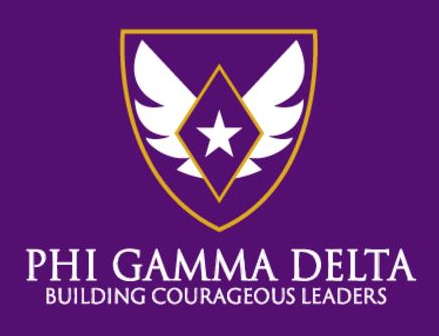
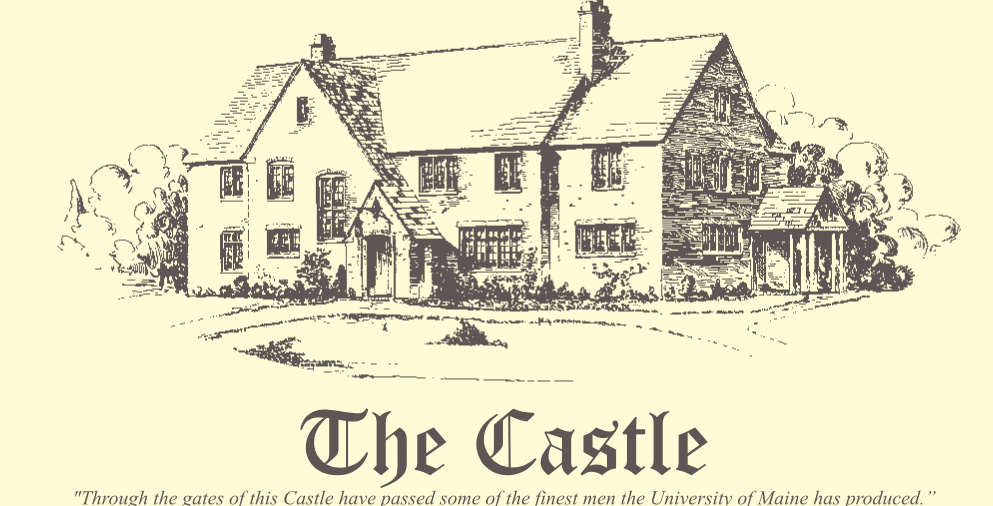
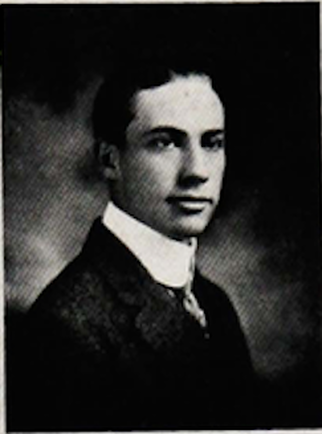
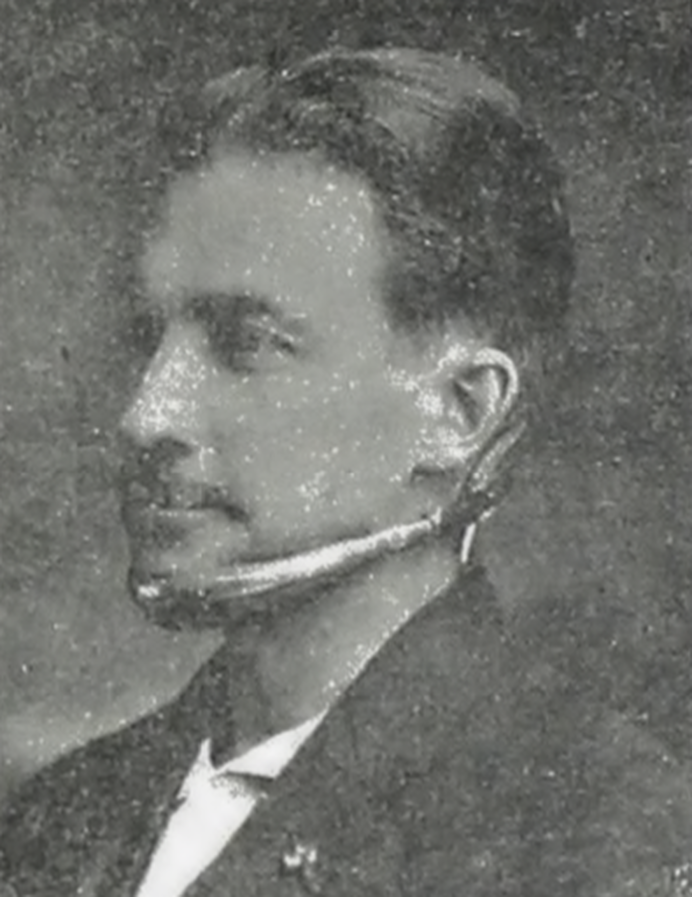

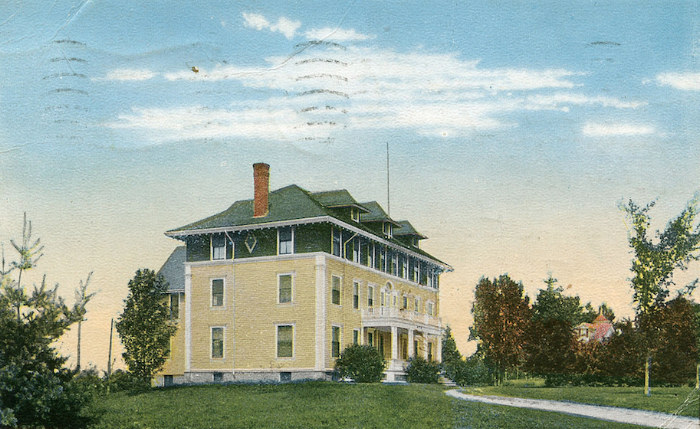
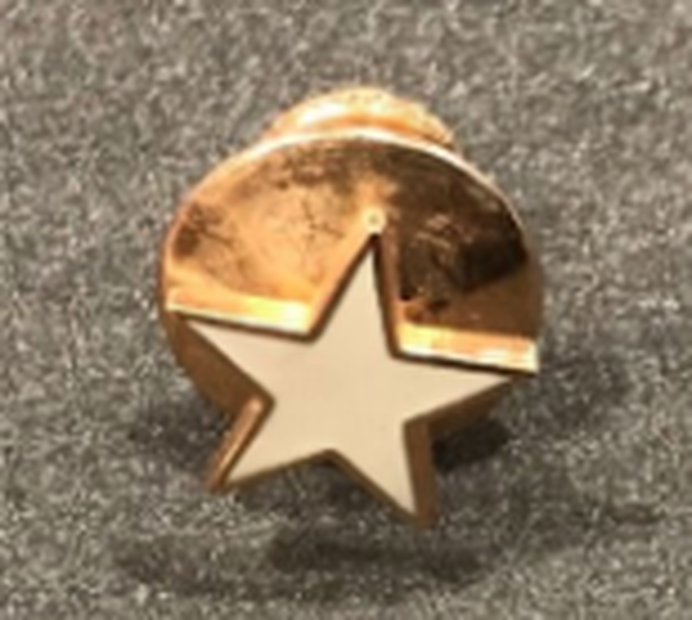
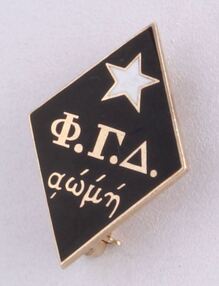
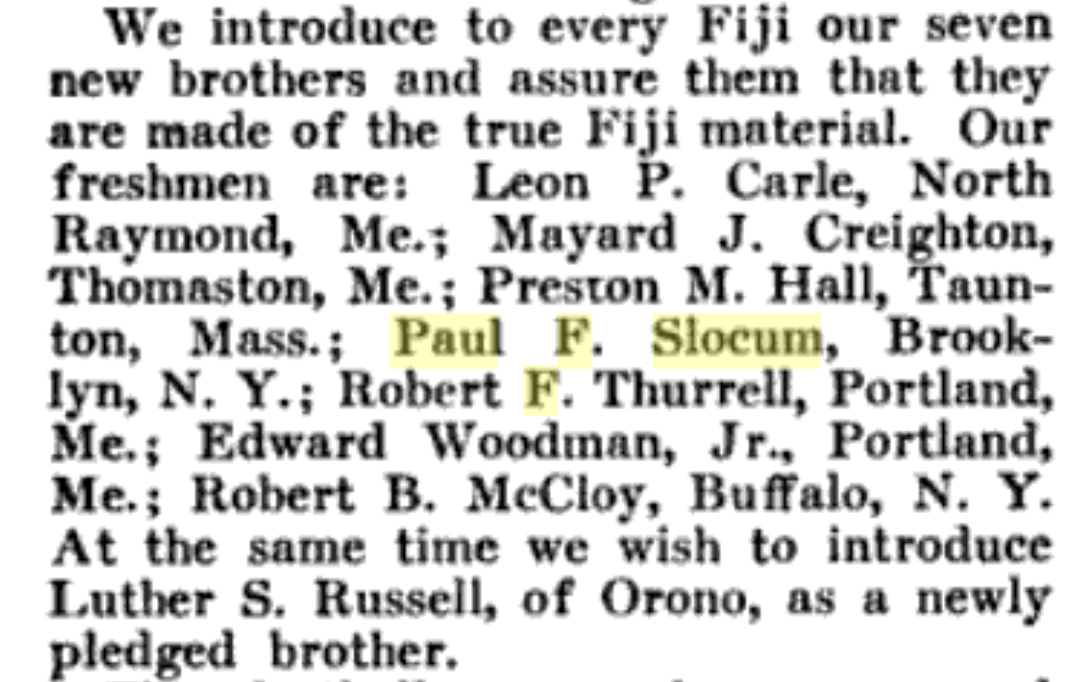
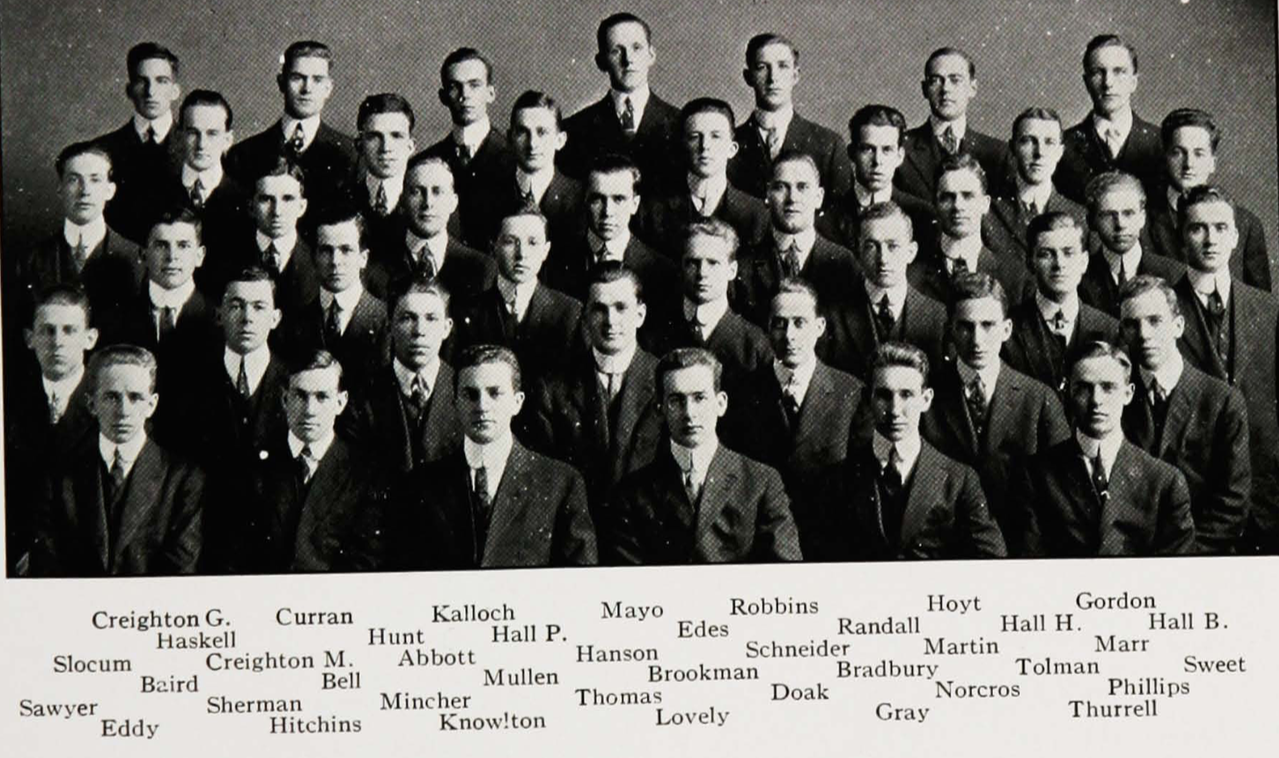
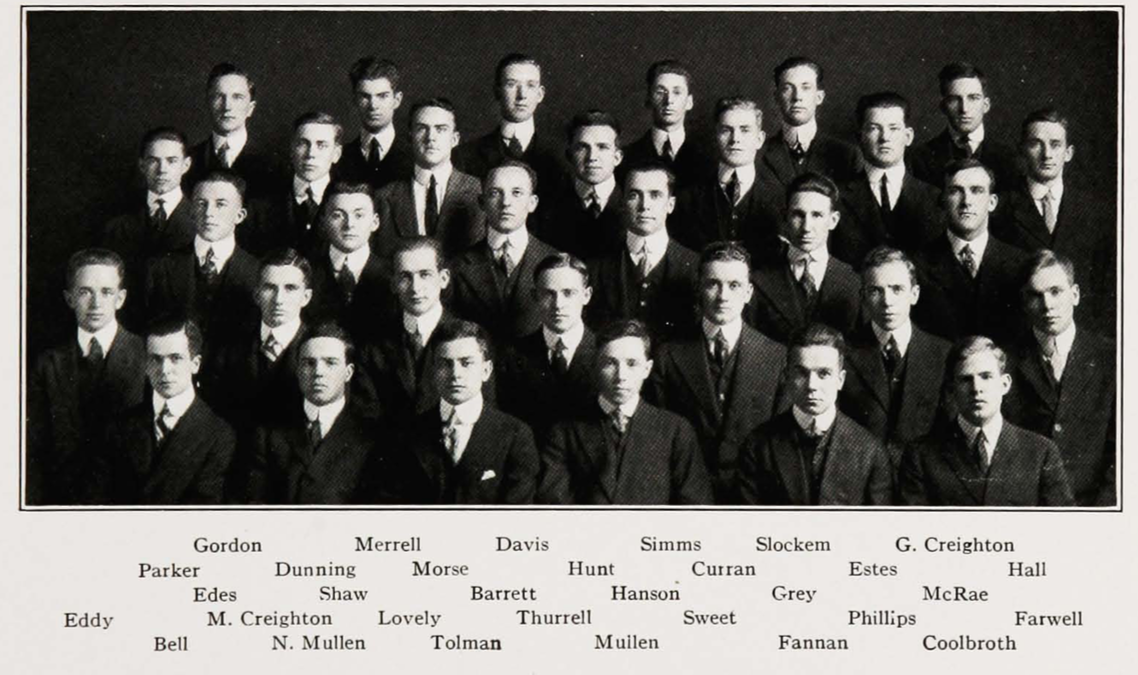
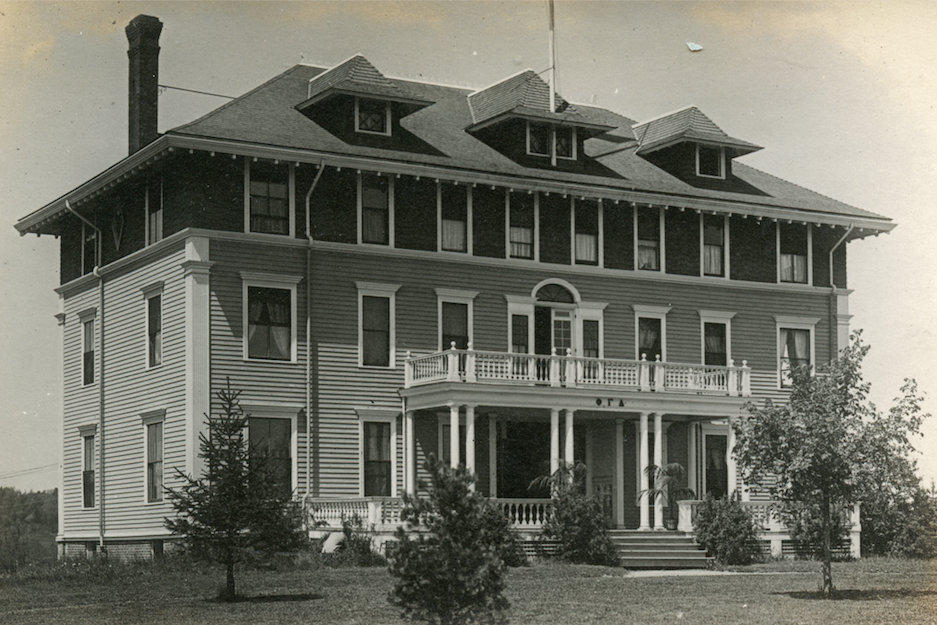
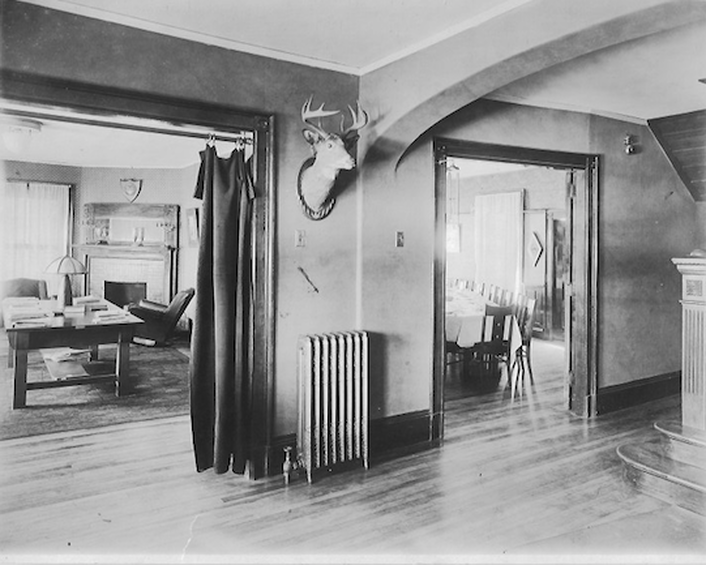
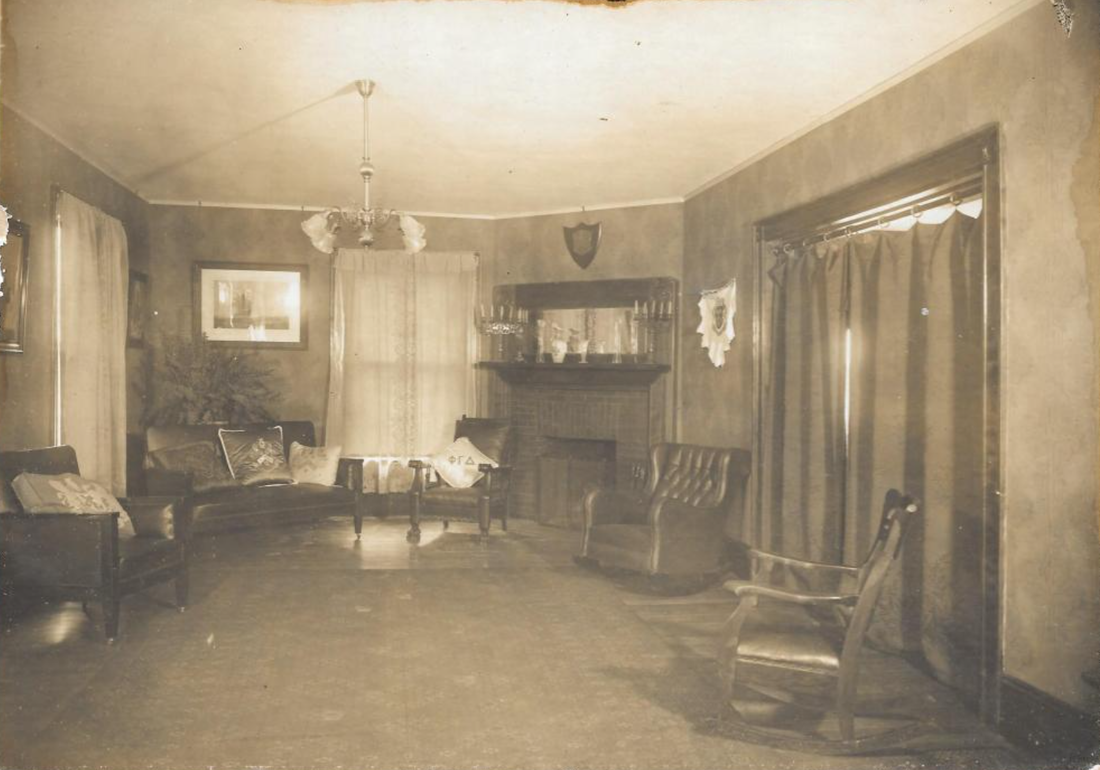
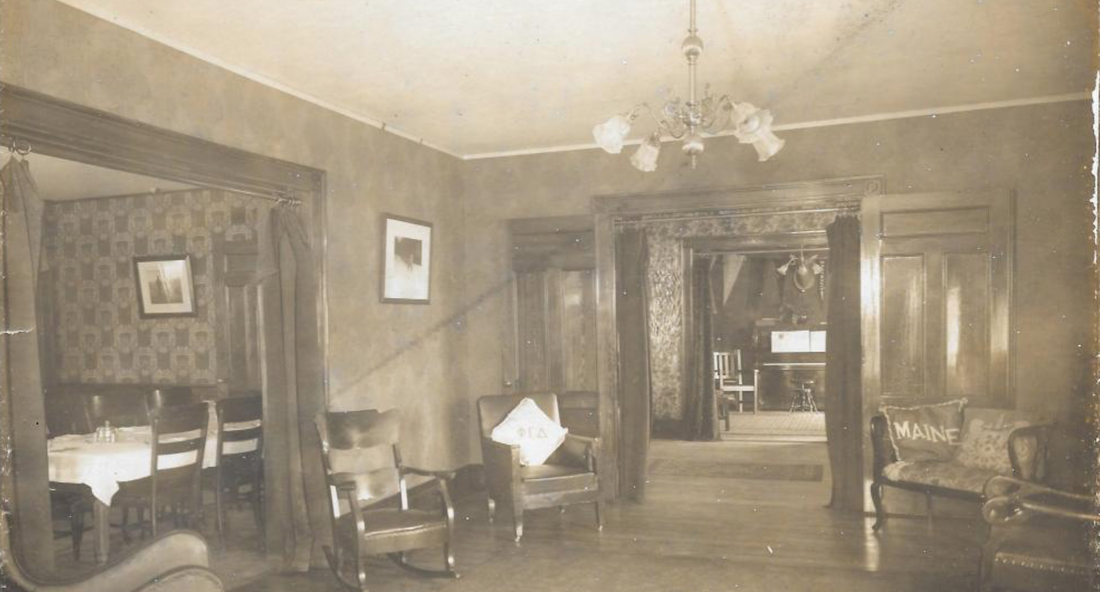
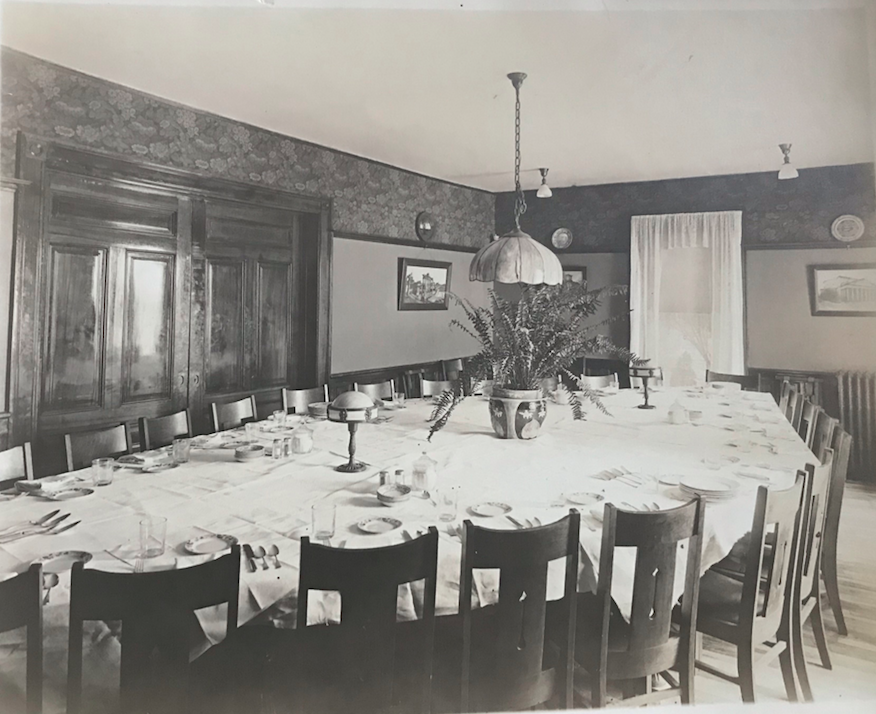
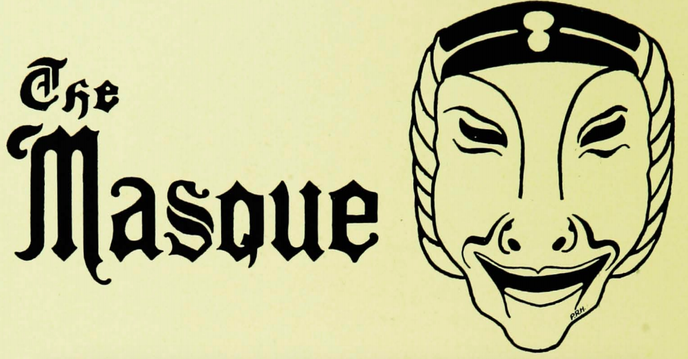
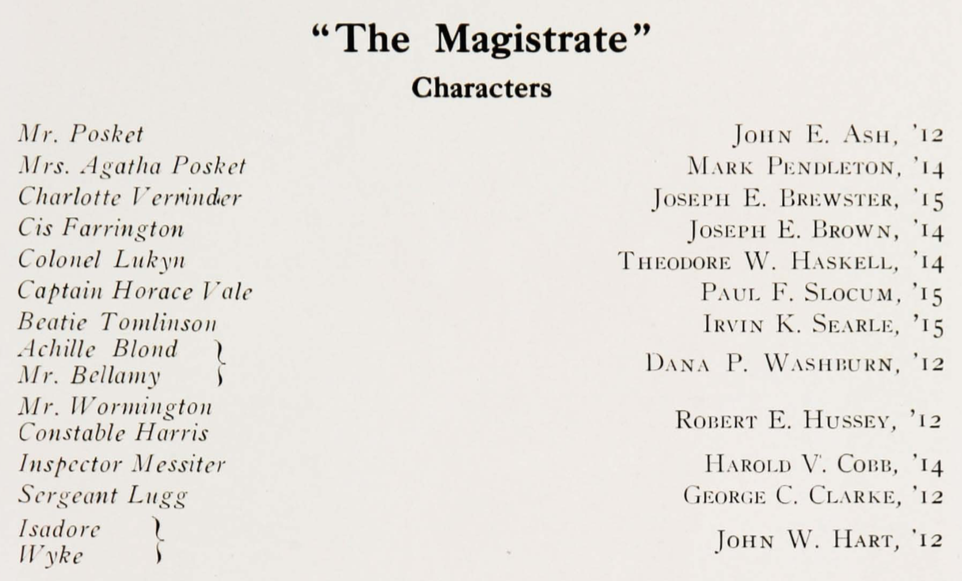


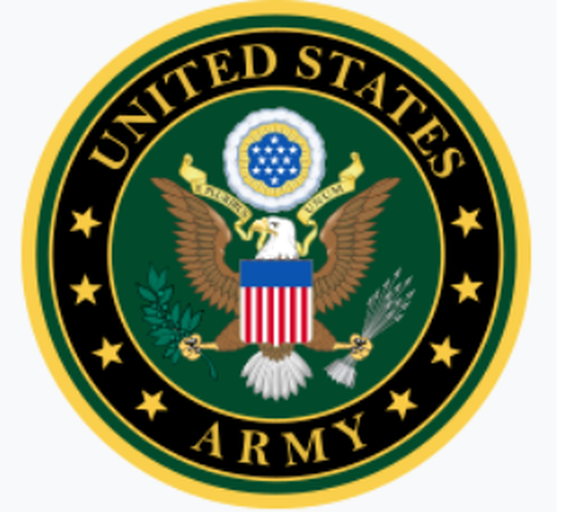

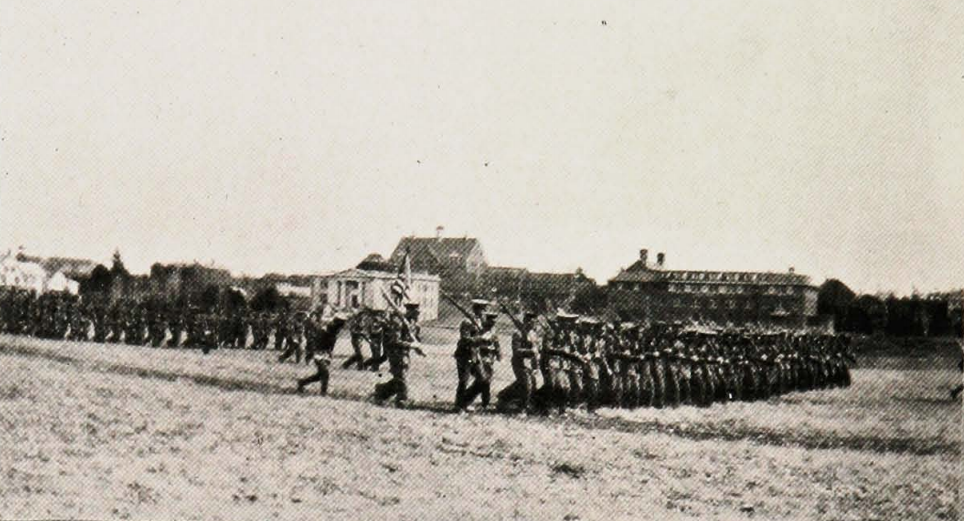
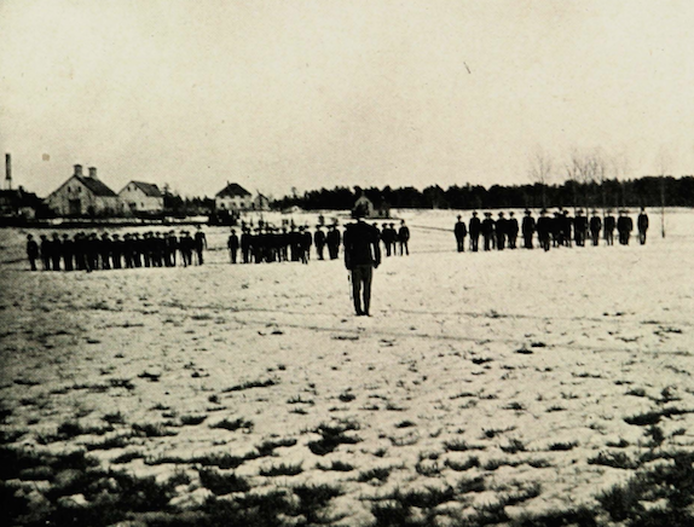
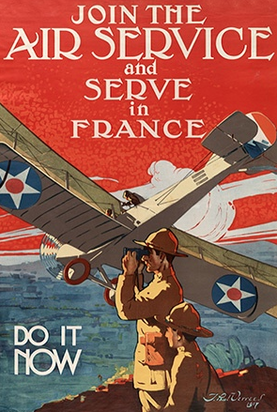
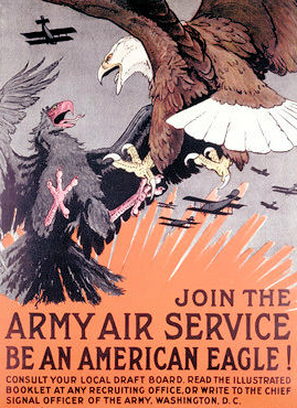
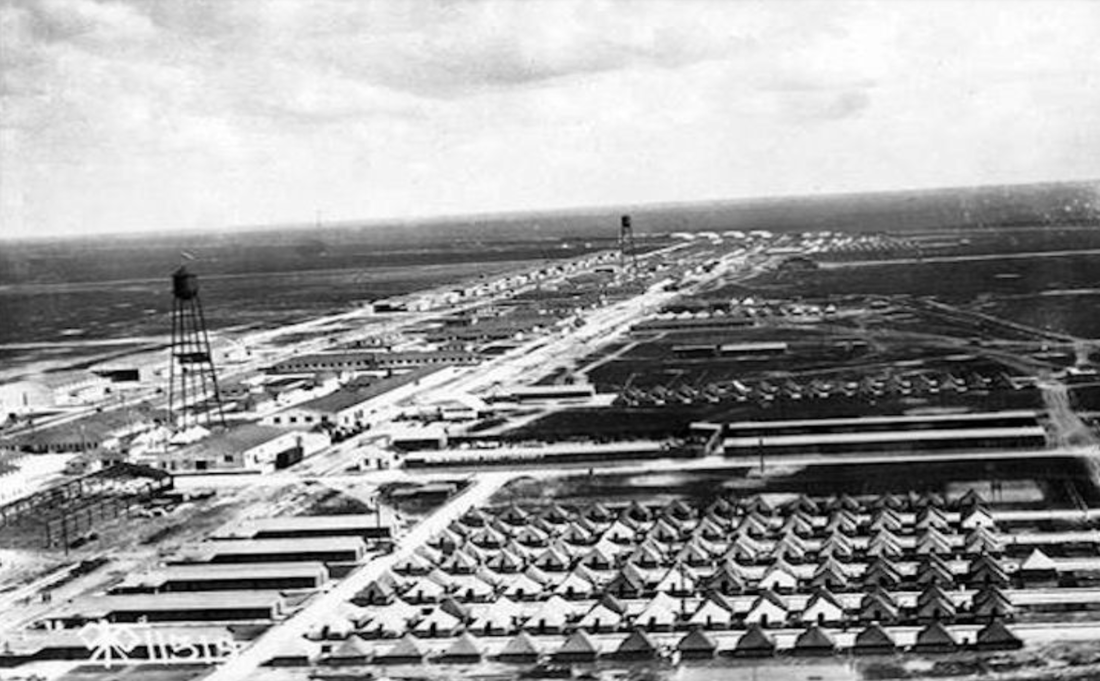
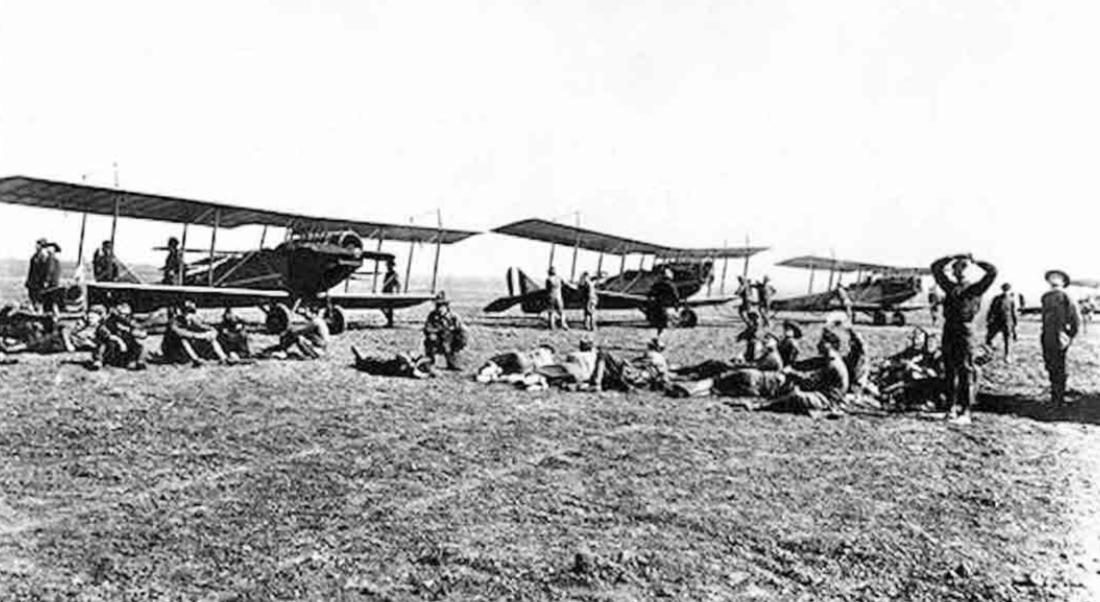
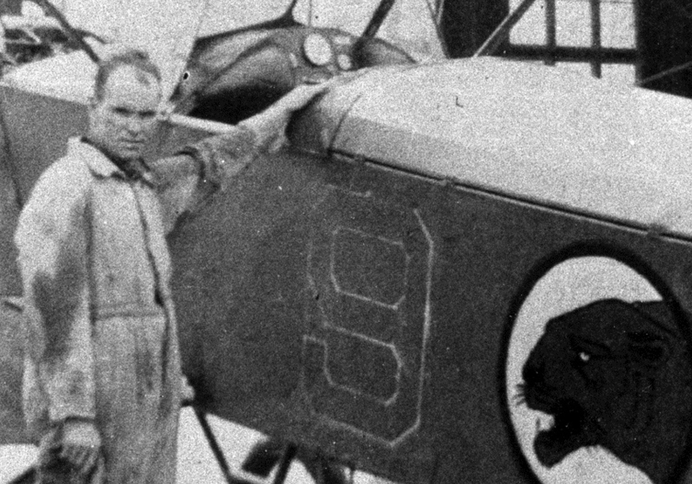
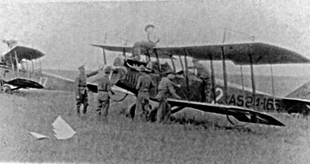
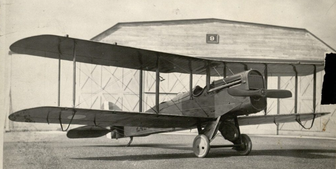
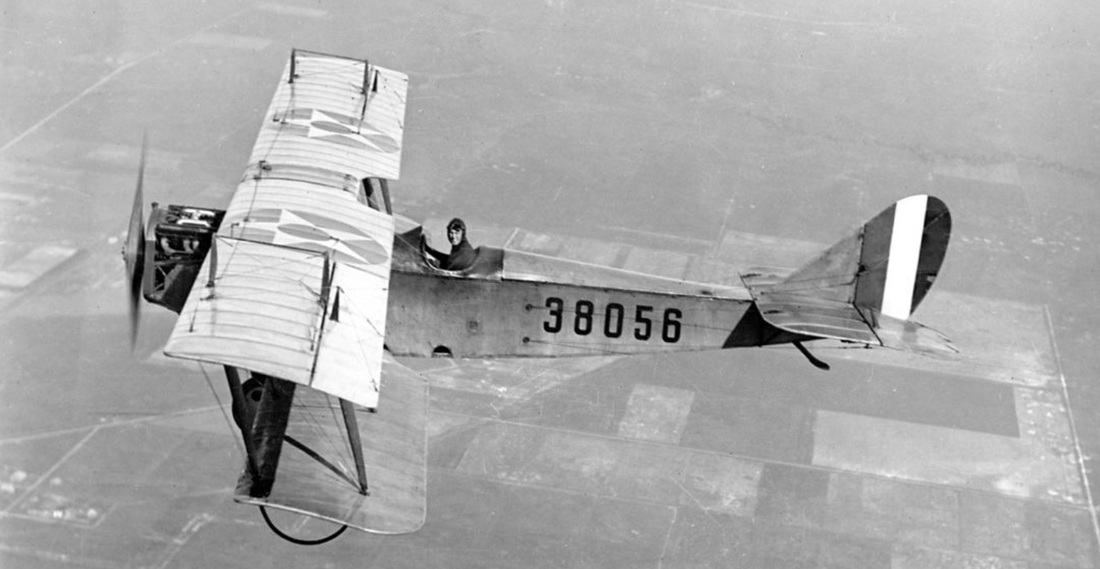
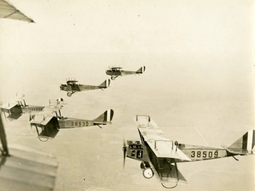
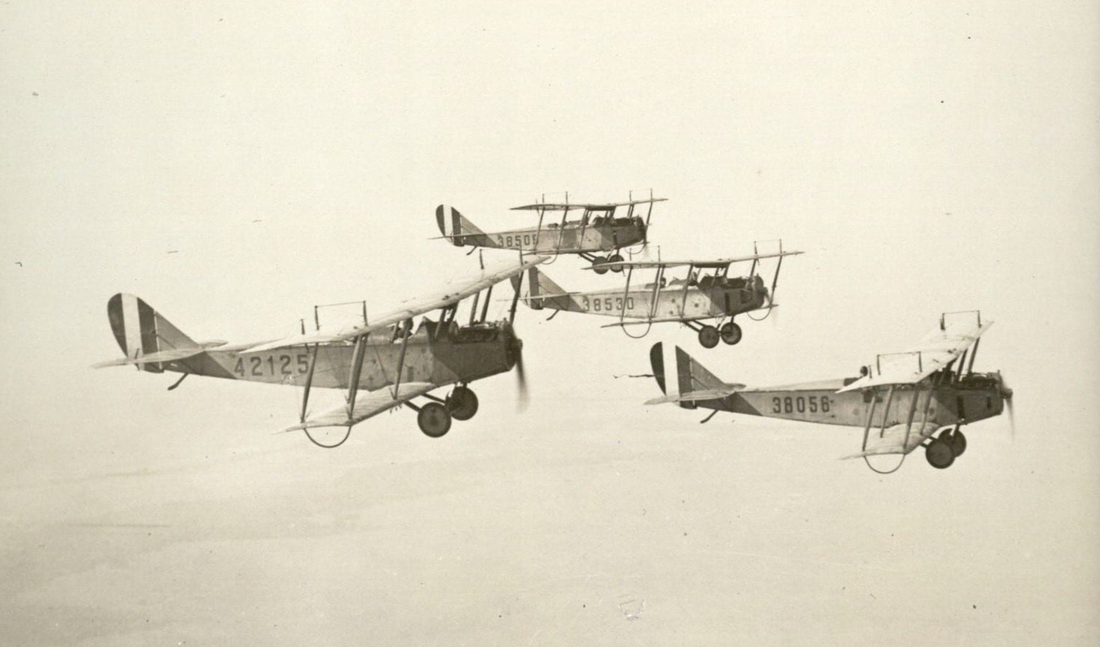
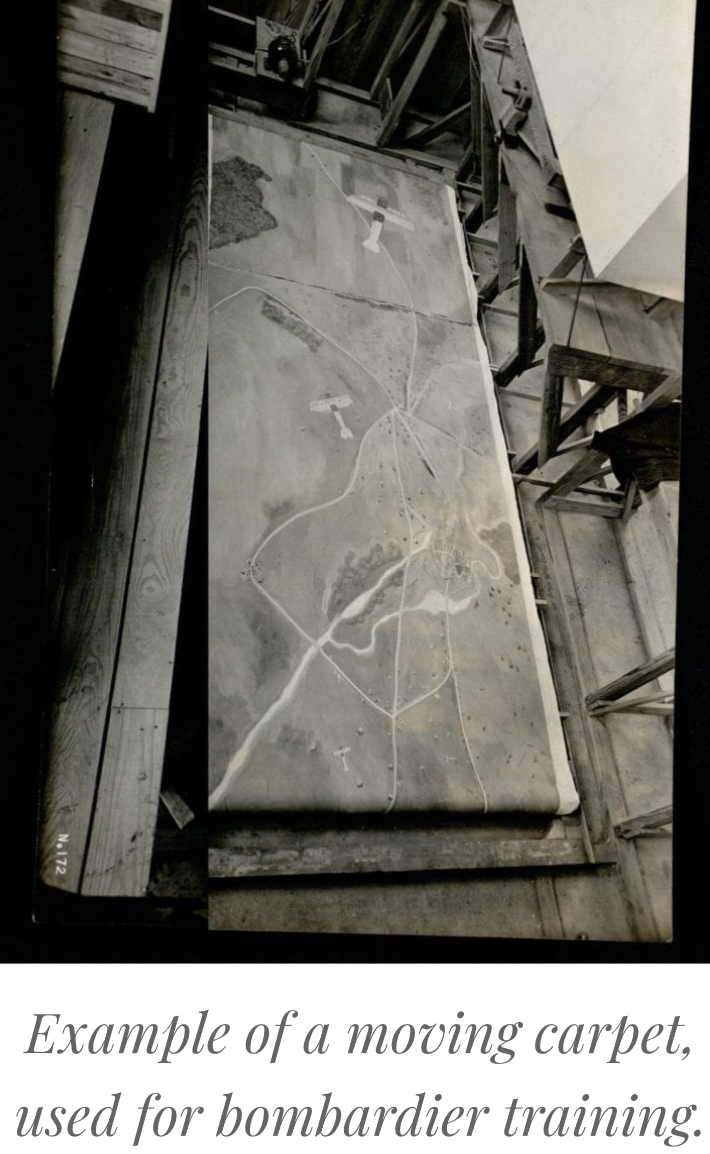

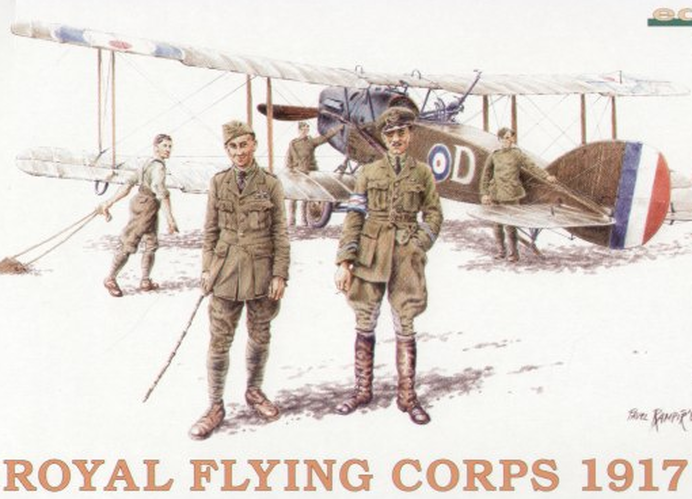
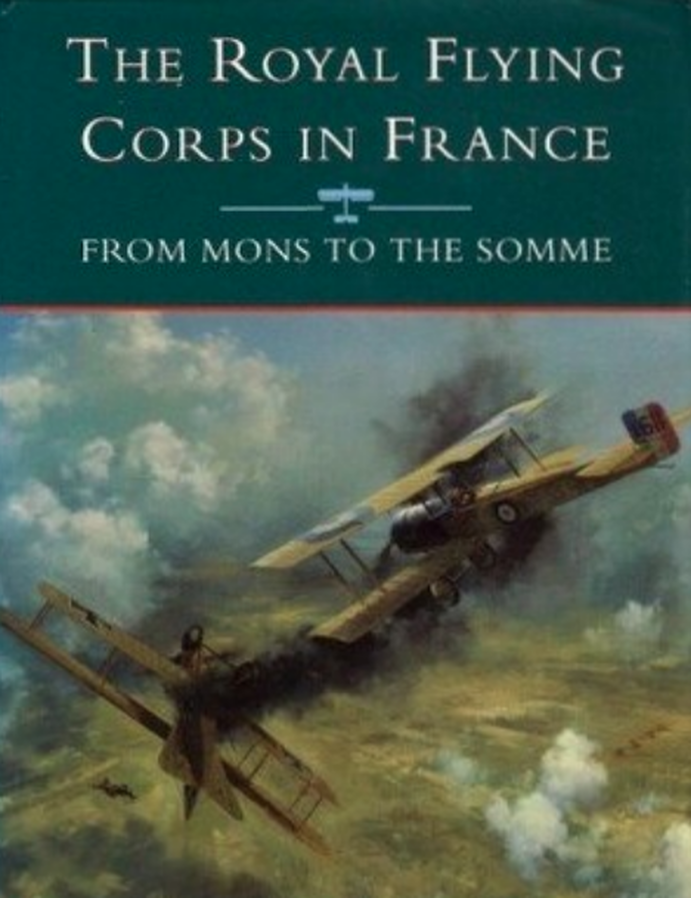
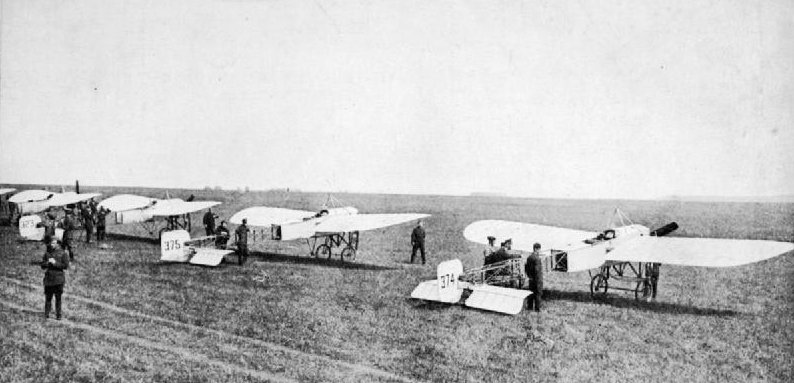
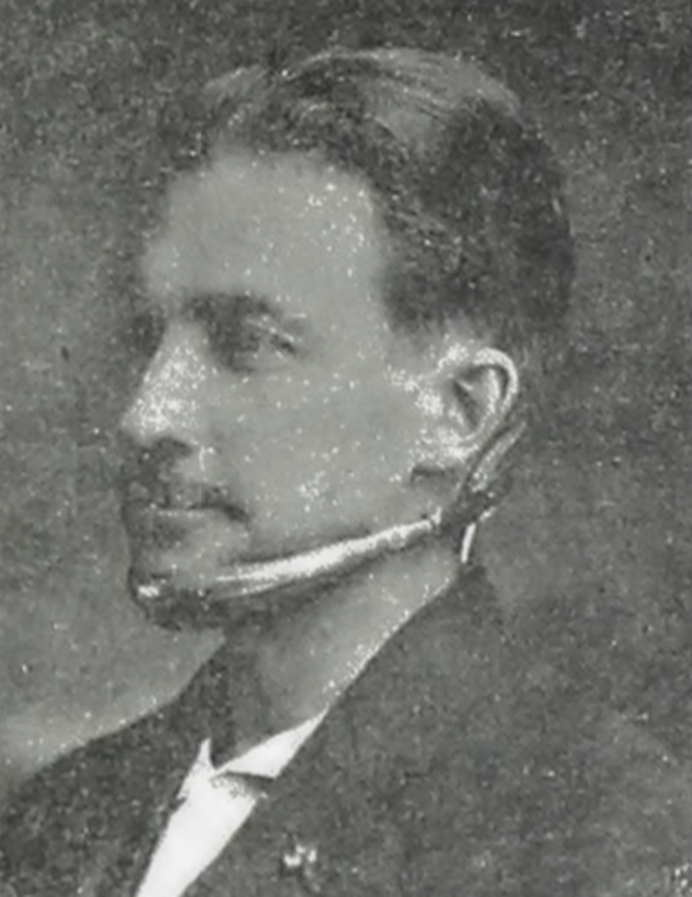
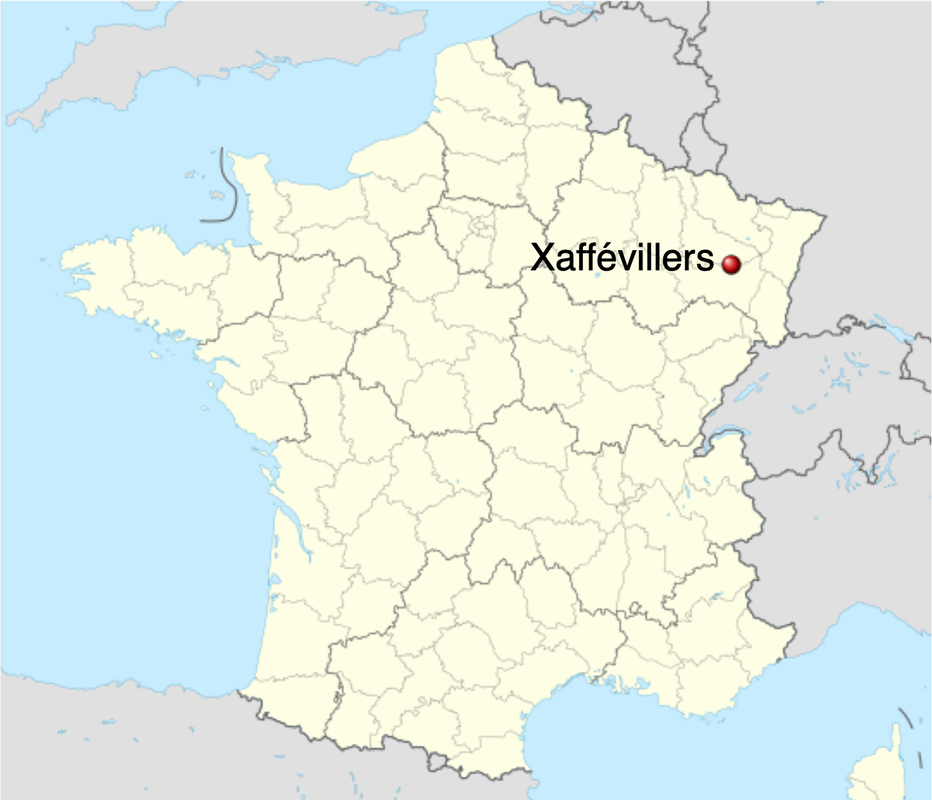
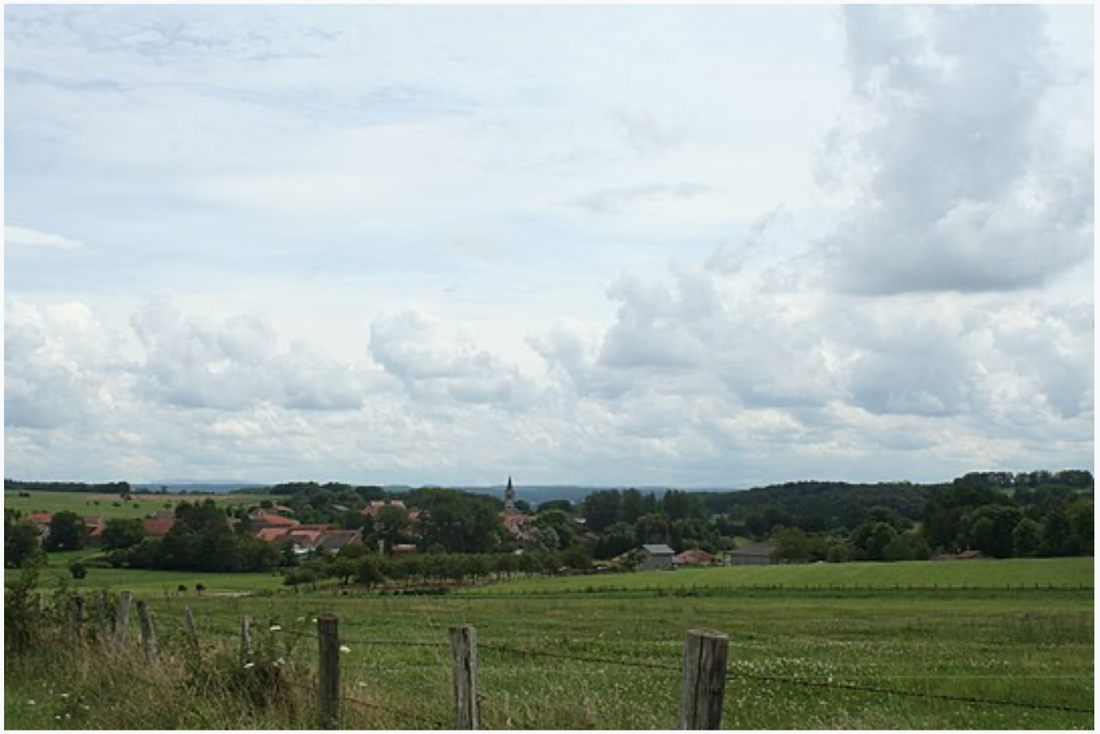
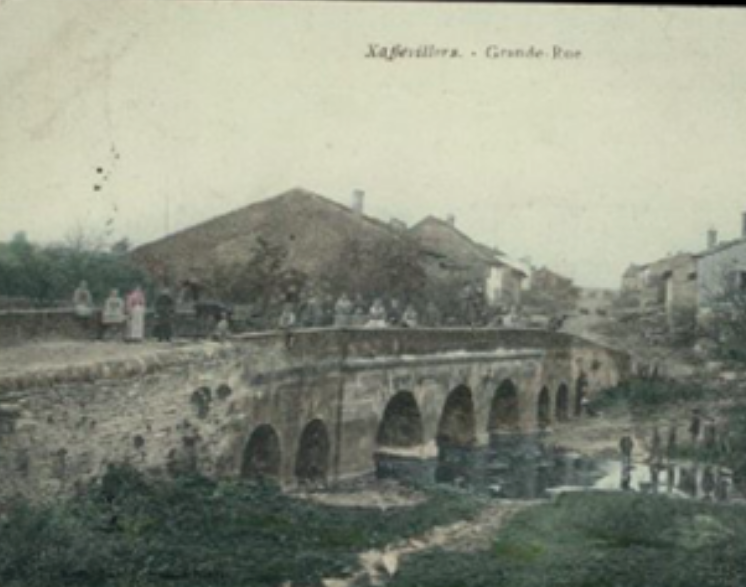
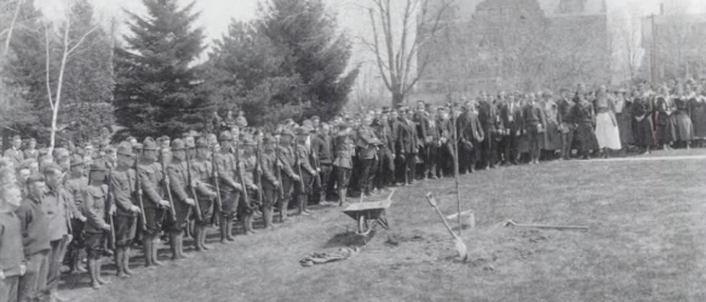
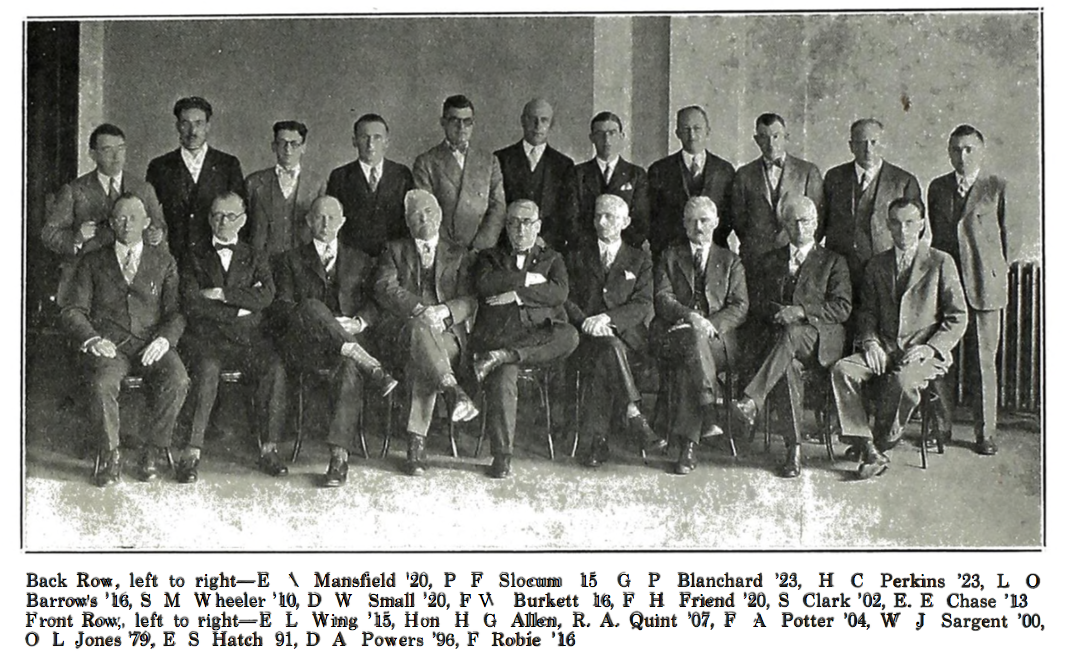
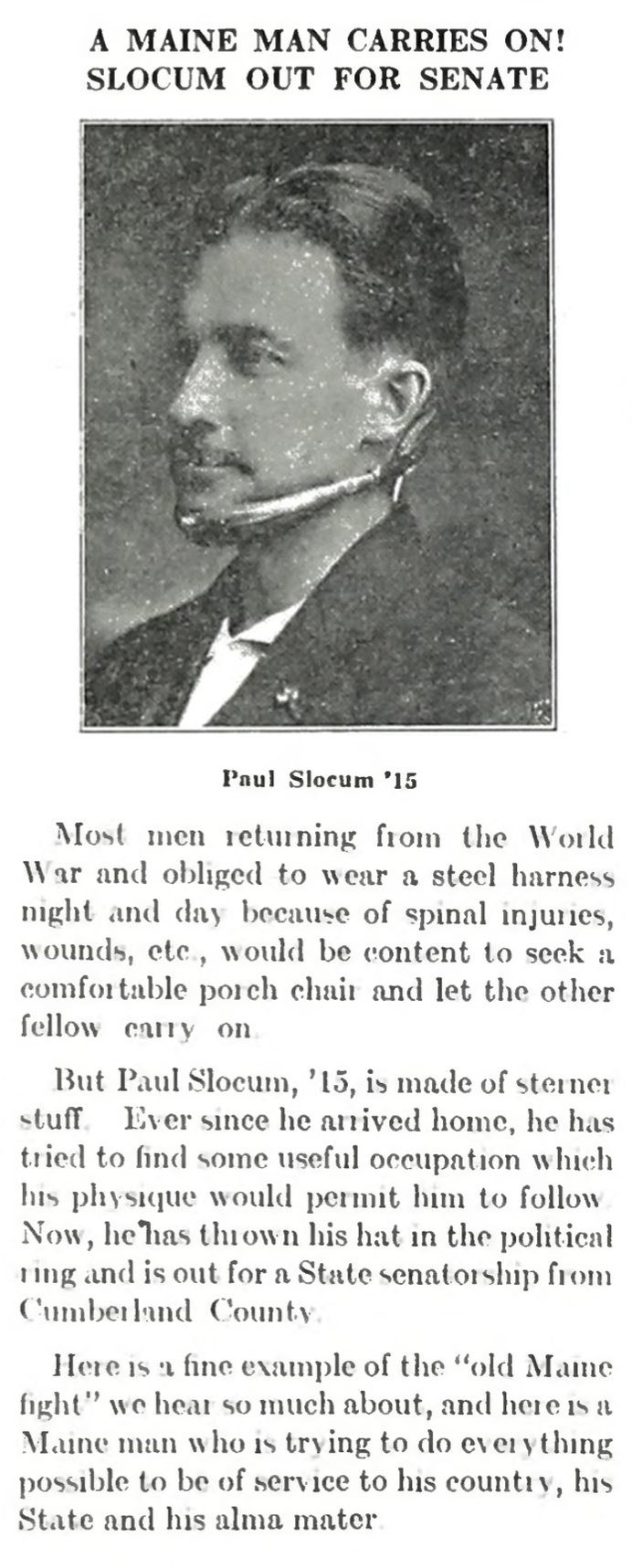
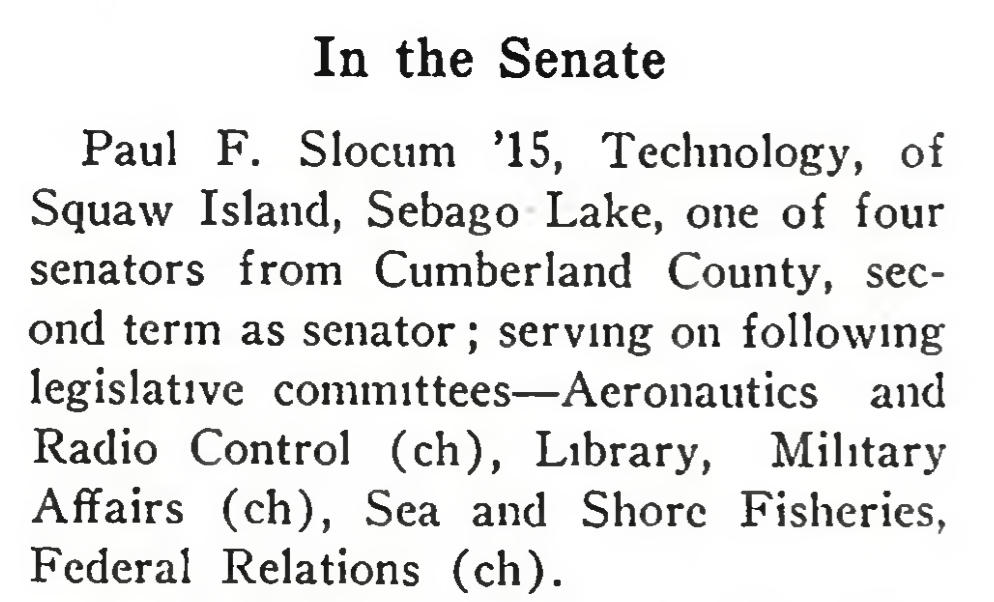
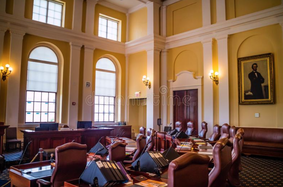
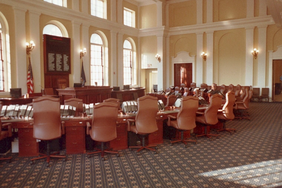
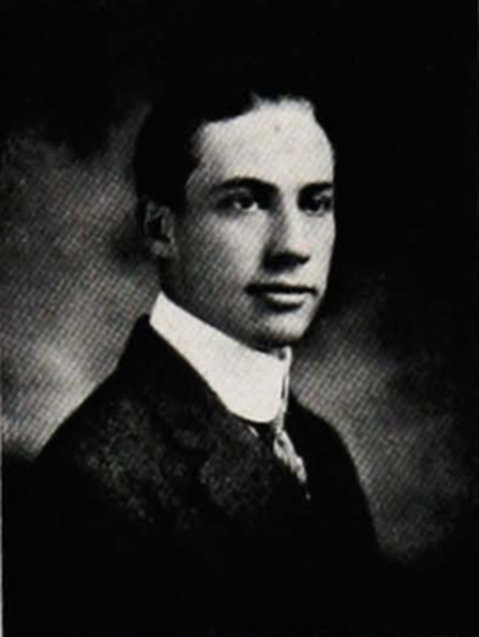

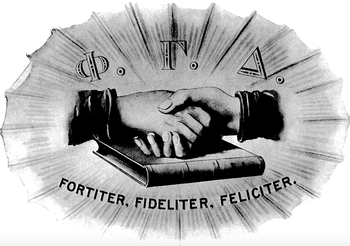

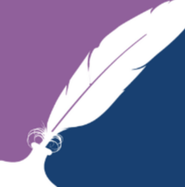
 RSS Feed
RSS Feed